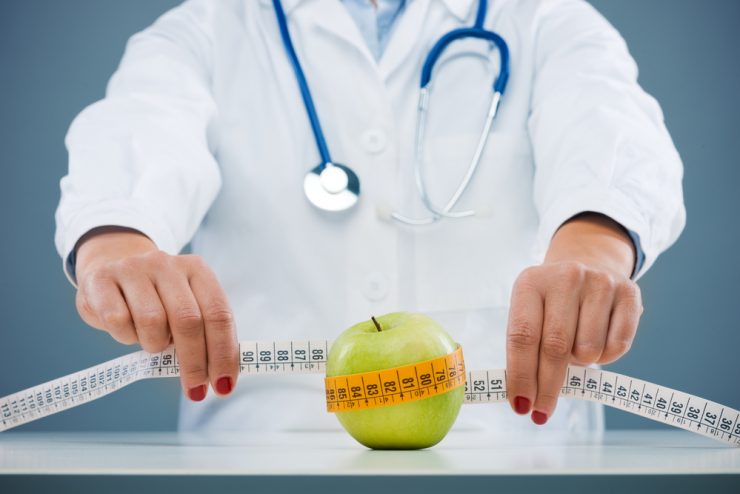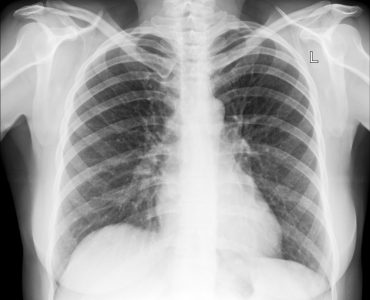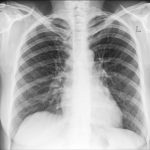Osteoporosis is a condition that causes bones to become thin and weak, resulting in an increased risk of bone fractures, particularly in old age. As the body ages, the cells inside the bones are not able to break down the old bone and replace it with healthy new bone as well as when younger.
Diet and supplements can help people with osteoporosis as well as those wishing to prevent it. Calcium and vitamin D help reduce the risk of hip fractures, for people with osteoporosis. Calcium is especially important to prevent the long-term risk of osteoporosis. The National Health Service (NHS) recommends 700 mg of calcium per day, which can be consumed in one pint of milk. Your GP can recommend supplements if you cannot get enough in your diet.
The NHS also urges people over the age 65 to take a vitamin D supplement. Vitamin D helps the body absorb calcium, and we get it mainly by absorbing it from the sun through our skin. The National Osteoporosis Society also recommends supplementation for people who do not get out in the sun much.
A well-rounded diet is recommended for the prevention and treatment of osteoporosis. Generally, a good diet will contain the necessary vitamins and minerals without extra supplementation except as stated previously. The National Osteoporosis Society, however, does recommend limiting alcohol consumption. While a glass of wine actually may help one’s health, too much alcohol increases the risk of fractures. The Food Standards Agency recommends no more than 2 or 3 units per day for women, and 3 or 4 units per day for men.












